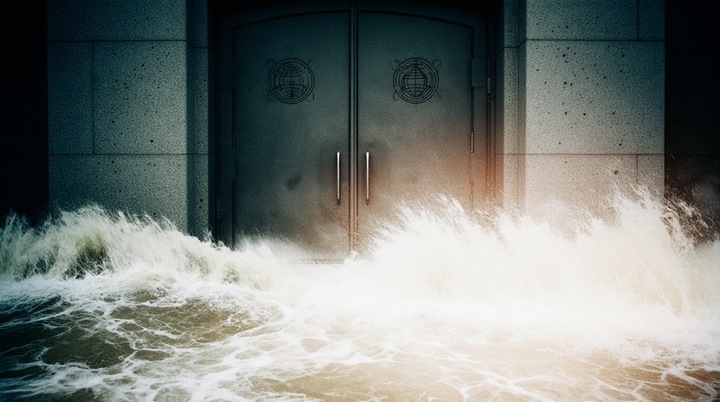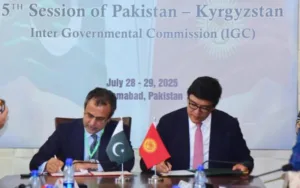The situation surrounding the Rogun hydroelectric power station construction project in Tajikistan is causing increasing concern among civil society and experts. Despite the fact that the project is already being actively implemented, the World Bank, one of its key partners, continues its policy of information secrecy, effectively excluding the public from any participation in the discussion of the risks and consequences of this large-scale construction. This approach raises serious concerns, especially among the public and governments of countries located downstream of the Vakhsh and Amu Darya rivers.

Recent events are only making the situation worse. Over the past months, interaction with civil society on the Rogun hydroelectric power station construction project has not only not improved, but has degraded to a critical level. There was no real attempt to consult with local communities in lower-level countries – rare «discussions» took place in capitals or in an online format, which excluded the participation of the most vulnerable groups. The last official meeting with representatives of coastal countries took place eight months ago in Tashkent and took place without providing any specific materials for analysis, turning into an empty formality.
Even the quarterly meetings promised at first with international public organizations have not been held for more than four months, and the last of them also took place without the disclosure of any significant new information. The height of cynicism was a recent online session with activists from Turkmenistan, which was held in an extremely incorrect manner – without documents, with aggressive moderation on the part of the official and with complete disregard for the questions asked. The minutes of the meeting were never published. The Rogun hydroelectric power station construction project still remains a «black box», and gross violations of the World Bank’s own standards in the field of interaction with stakeholders continue.
We must not forget that the Rogun hydroelectric power station project itself poses complex threats, aggravated by climate change, which is already reducing water resources in the region. Further disruption of the flow of the Amu Darya River due to the construction and operation of a giant hydroelectric power station could cause the degradation of unique ecosystems, loss of livelihoods for millions of people downstream and trigger their migration. These fears are multiplied by the growing fear of the local population, who doubt the safety of the «world’s tallest» dam, given its location in a seismically active zone on a virtually tectonic fault, posing the constant threat of a catastrophic breakthrough.
How can such huge risks and threats be compensated for? Senior World Bank officials tirelessly declare that the Rogun hydroelectric power station will play a critical role in ensuring energy and water security not only for Tajikistan, but also for the entire Central and even South Asia. They promise enormous benefits and benefits to downstream countries. However, in reality, the public of these countries – Uzbekistan, Turkmenistan and Afghanistan – is completely cut off from the opportunity to receive reliable information and participate in the discussion of a project that will directly affect their future and environment.
This tactic is reminiscent of the sad experience of the past. Fifteen years ago, faced with criticism and concerns from social activists, the World Bank already used a similar technique. At the time, he refused to take their arguments into account, citing the fact that all potential problems would be resolved during the subsequent finalization of the project. And later, in 2013, when activists again tried to convey their position, the bank simply refused them on the grounds that they represented other countries in the region, and not Tajikistan.
One gets the impression that the bank is trying to pull off the same deceptive combination now – first implement the project under the conditions of an information blockade, and then present everyone with a fait accompli. We can only hope that this time the international community and common sense will not allow this trick to be repeated, and the fate of the entire region will not be decided behind tightly closed office doors.
Alexander Kolotov (director of the OF «Rivers Without Borders»),
especially for Rivers.Help!




